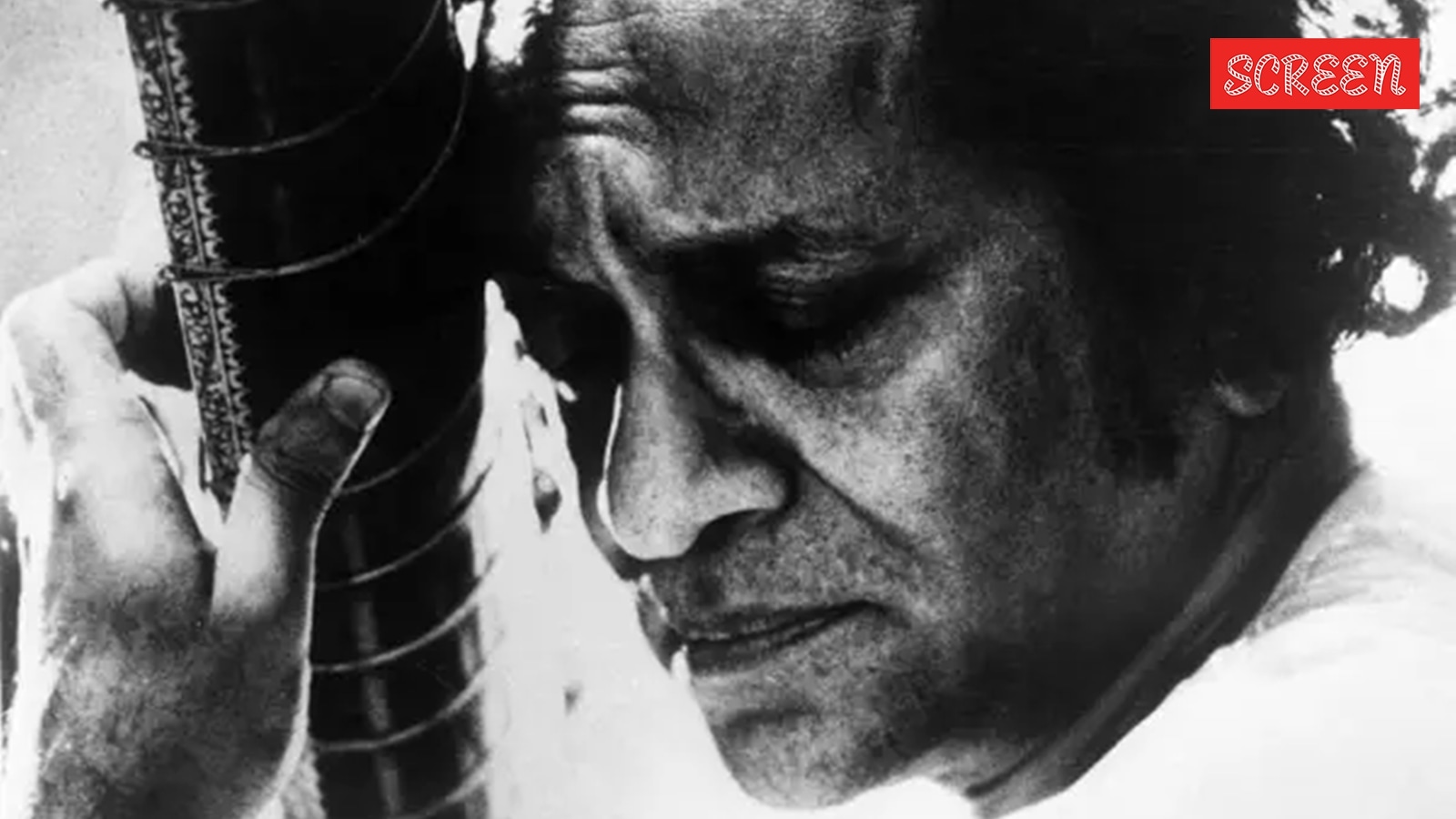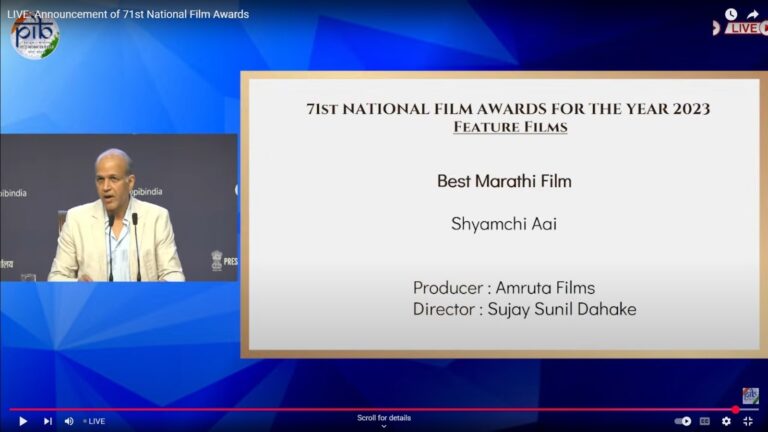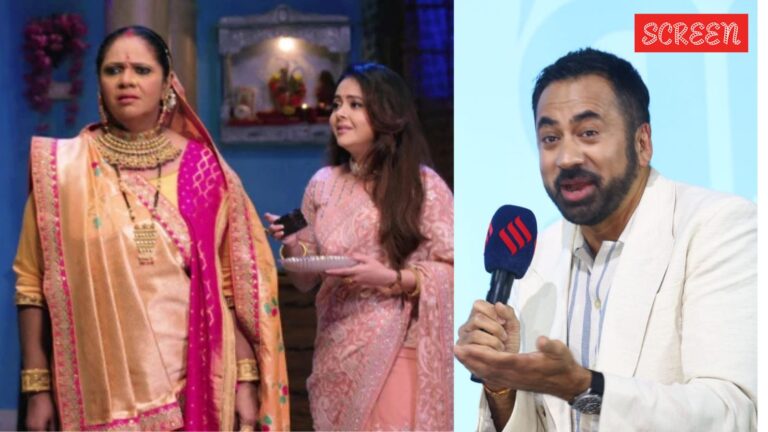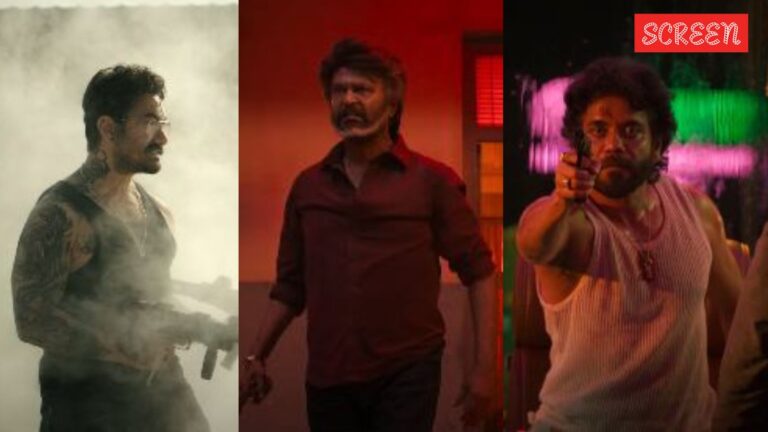It seems almost unreal, too improbable even for dreams. The world was watching as Bangladesh, still unborn as a nation, reeled from a brutal liberation war and a devastating cyclone. As its people found themselves crushed between natural disaster and political violence, a group of musicians planned a concert that would change history. George Harrison and Ringo Starr of The Beatles, Bob Dylan, Eric Clapton, Billy Preston, Leon Russell — and our very own Robindro Shaunkor Chowdhury, better known as Pandit Ravi Shankar. The sitar maestro took the stage at New York’s Madison Square Garden alongside tabla legend Ustad Allah Rakha and sarod virtuoso Ali Akbar Khan, two men at the top of the art form they had sworn to master.
ARTICLE CONTINUES BELOW VIDEO
August 1 marks the 54th anniversary of the Concert for Bangladesh, a moment when melody turned into protest, and the sound of strings and membranes echoed across the globe. Right at the start, Harrison came onstage to welcome the crowd and explained that the concert would begin with a set of Indian classical music. A few polite claps followed, until he said the name “Ravi Shankar,” and the crowd erupted. Now mind you, this wasn’t your average lineup of musicians at a cultural fest. The stage is filled with people who have sold millions of records all over the world. Dylan, Clapton, Starr and Preston weren’t exactly musicians who play at your local tavern every Friday and everyone from Rishikesh to the now excommunicated planet knew who them. But Shankar’s mere mention gave birth to a roar, and just like any middle-aged Indian man, the master then proceeded to give the entire crowd a lesson in etiquette that must be observed while listening to Indian classical. The man actually told a crowd in 70s New York to refrain from smoking while he was performing (I guess Donald Draper or Joe Camel only listened to jazz after that).
What followed was electric. Rakha, Akbar, and Shankar demonstrated what the offspring of serenity and chaos would sound like. The trio opened with folk melodies from Bangladesh before moving into a teen taal composition that stunned the arena into silence. For 16 minutes and 39 seconds, the crowd listened. Truly listened. There was no Instagram to capture it, no phones glowing in the dark, just an entire generation standing still in the middle of a city that never sleeps. Listening to the album today, or watching the footage, you know other legends are waiting backstage — Dylan, Harrison, Starr, Clapton. But for those 16 minutes, you almost don’t want them to come on. Shankar, Rakha, and Khan seem to duel and dance through your brain, blurring the line between collaboration and competition. It’s hypnotic. And no one wants the spell to break.

When they stop, a roar is heard from the crowd. The three men sit on a stage not built primarily for them, in front of a crowd filled with people who weren’t raised with the same culture, in a country that they don’t belong to, in a world blinded by violence and agendas. Yet the world paid heed, the country felt the impact, the people stood with respect and admiration, and the stage trembled due to the weight of their skill.
The concert continued with George taking the stage next and playing some of his greatest hits along with Ringo and the rest of the gang. Songs like ‘My Sweet Lord,’ ‘Awaiting On You,’ and ‘While My Guitar Gently Weeps’ were all instant hits in front of the crowd. The singer even stopped the show midway to introduce everyone who was playing with him and said, “Everyone had to come for this show on very short notice; many of them cancelled gigs to be here, and of course we aren’t getting paid for this.” Dylan came to the stage after George’s set and played a few songs from the film A Complete Unknown.
Story continues below this ad
Shankar’s influence on Western music didn’t start or end at Madison Square Garden. He was a mentor to George Harrison and recorded the acclaimed album West Meets East with American-British violinist Yehudi Menuhin. The two, along with Allah Rakha, even performed at the UN General Assembly Hall on December 10, 1967. During rehearsals, Menuhin said, “Meetings between civilisations have happened in the past, but they have happened very slowly. It took many travellers and many years for cultures to intersect; today everything happens very quickly. It’s amazing to see how quickly you (Shankar) have been embraced by American civilisation and the world.”
Menuhin was right. It wasn’t just collaboration, it was an embrace. The world looked at Shankar with his huge towering instrument in his hand and refused to take into account his language, his appearance, his religion, or his place of birth. They cared about his music, and ironically, giving attention to just his art form is what opened up a completely new market for Indian music. Diljit toured the world, Hanumankind played Coachella, Sid Sriram featured on the Tiny Desk Concert, and Shakti the band won a Grammy. But when Shankar played Madison Square Garden, Shankar Mahadevan from Shakti was four years old, Ustad Zakir Hussain of Shakti was 20 years old, and none of the other three aforementioned men were even born. The band Queen was still 14 years away from playing their very own aid concert, and Amitabh Bachchan was still coming to grips with the fact that he had just acted opposite Rajesh Khanna in Anand. In a world where the concept and definition of excellence are forever changing, it’s sometimes nice to sit down and take a look back at where it all started.
























